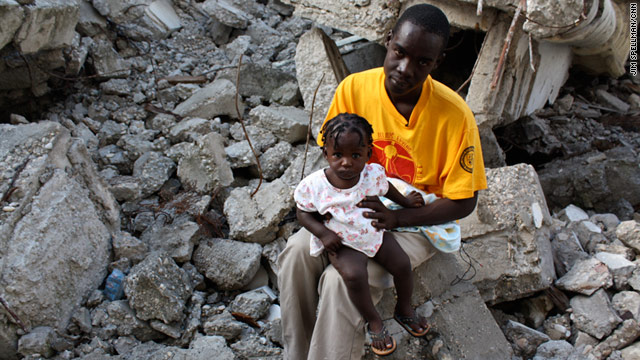General Mayak looking like a true Hebrew Warrior for the Lord and Christ!!
General Mayak's garment looks sharp!!
General Mahayaman's garment is glorious and warlike and complimented with spiked weapon!!
Officer Nayathaq's garment is off the hook!!!
Commanding General Yahanna having a conversation with one of the brothers and looking sharp in his garment, alongside him is Officer Gabarya Ahla.
Keepin' it real is Officer Tahawar. His spiked wristbands are no joke!!
A group shot of U.P.K. soldiers!!
Once again, an even larger group shot of true soldiers for the Lord and Christ!!
On deck is from right to left: Officer Hamaqabath, Officer Qataza Chaarab and Officer Tahawar.
Officer Tazaryach lookin ready for war in his garment.
Commanding General Yahanna, General Mahayaman, General Mayakahlaka, and the brethren.
Commanding General Yahanna on the mike giving words of courage to the brothers
A display of arms.
The Lord's Warriors!!!
A look of flint and hard against their faces!!
QAM YASHARAHLA!!!
RISE ISRAEL!!!
THAWADAH YAHAWAH WA YAHAWASHI meaning THANK YOU LORD AND JESUS, FOR LETTING US COME AND CELEBRATE THE PASSOVER AS BROTHERS SHOULD.





















